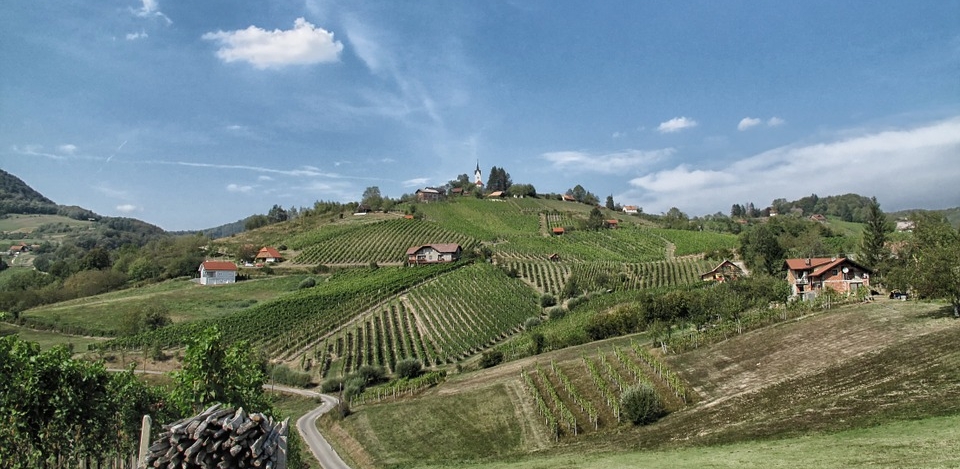
Decentralization. It’s not just a hip happnin’ buzzword. And it’s not just for blockchain. It has been important, and it always has been—I was using it back in 2005 to describe the early Wikipedia—because it uses technology to guarantee, or at least safeguard, freedom. It removes control of public conversations from the hands of would-be overseers of the digital plantations.
Here are the principles that “decentralization” encodes:
- Self-ownership. Each user owns his own identity in the network.
- Data ownership. You own your own data; you control your own data, within the bounds of controlling law.
- Platform-independent following. You control your friend/follower list independently of all platforms. Hence, once a friend follows you on one platform, he should follow you forever everywhere until he unfollows you or you block him (or there is a lawful government order compelling a change).
- Platform-agnostic posting. Posting on one platform means posting the same thing on all platforms that are part of one big decentralized network.
- Decentralized moderation. Content moderation, which is ultimately an absolute requirement, cannot be performed by a single, central, controlling body or system, providing identical outcomes. So it, too, must be decentralized.
- Single conversation. Therefore, there is one giant integrated conversation, but parts of are not shown to people who don’t want to see it (or in places it’s literally illegal). Of course, it is still legal for people to run closed, walled gardens; but they’re not for general broadcast.
- Anti-monopoly. Therefore, also, no corporation has anything like a monopoly over the means of social media broadcasting, as at present.
There are several requirements that, I believe, are absolutely required of the alternative social media platforms to satisfy these principles:
- User exportability. Platforms should permit users to export a complete and unadulterated copy of their user data from the platform and host it elsewhere. Moreover, public user data that is edited by the user in one place must be brought current with all other copies made elsewhere as well, in a timely fashion.
- Data exportability. The user’s data must be easily exportable in a common, easily machine-readable format, according to a widely-used standard. This is an absolute minimum. Not many actually support this yet. This isn’t enough, though, because you need to be able to export your followers, too, and to do that:
- Interoperability. The social media platform must be made as interoperable as possible (at the user’s option). So I should be able to subscribe and follow someone who is posting on his own blog, or Mastodon, or Gab, or Parler. I should be able to post and read from any of these networks, and the data should appear in a timely fashion in all the rest.
- Data inalienability. If the user’s data is not actually served from outside of a platform—which should be possible—then it is treated by the platform as if it were. The platform is merely holding the data on behalf of the user, as a service. The platform must not treat the data as “theirs.” This is still a rather vague requirement, but it has specific consequences. One of them would be that the platform is absolutely not permitted to delete or edit a post from your data, although they can of course opt not to post it on the platform. Twitter and Facebook violate this principle when they fail to retain copies of posts that they delete.
Those are things I feel confident of, as a bare minimum. There are other things that really also need to be part of it, I suspect:
- Moderation. Individual users, or whole platforms (if users should wish to use them), should be able to select their own moderators. Moderation data, or metadata—such as that a certain user should be blocked, or that a certain post should be hidden or flagged in some way—should be shared in a way similar to how the user data and content itself is served (so, across the network in a decentralized way), and independently of the user’s canonical copy of the data.
- Text representation. The user’s public data must be syndicated in a lo-tech text-based (more human-friendly) format such as JSON or XML, even if they have an API (maybe I don’t want to be forced to use their API, maybe because it’s too restrictive). The purpose of this is to enable the user to more easily exert control over the source or original version of his own tweets. This text stream, if it still exists and the author’s control can be proven, becomes the user’s personal assertion or attestation as to how the state of his personal feed should be represented; this human-friendly data representation of the content becomes the controlling, “canonical” version of the data. No other representation, in no other data medium (blockchain, IPFS, bittorrent, or otherwise), is to be regarded legally or operationally as “the canonical version.”
- Permanence (or uncensorability). By network policy, the user’s public data must also be able to be made available forever (so a particular platform couldn’t delete it on behalf of everyone else, even if they wanted to) via bittorrent or IPFS or the like. Maybe the blockchain is OK, but frankly due to the financial complexities involved in blockchain, I don’t trust blockchains as bittorrent-type “decentralized public cloud” storage.
Something like that. This is not a complete set of “decentralization requirements.” It is merely an attempt to articulate some of the basic requirements, including many that current attempts at decentralization have failed to deliver on.
If you put all such things together, then you’ve operationalized the vague principles of decentralization for social media. The more that existing social media platforms actually implement these features, the more social media will actually be decentralized.
Leave a Reply